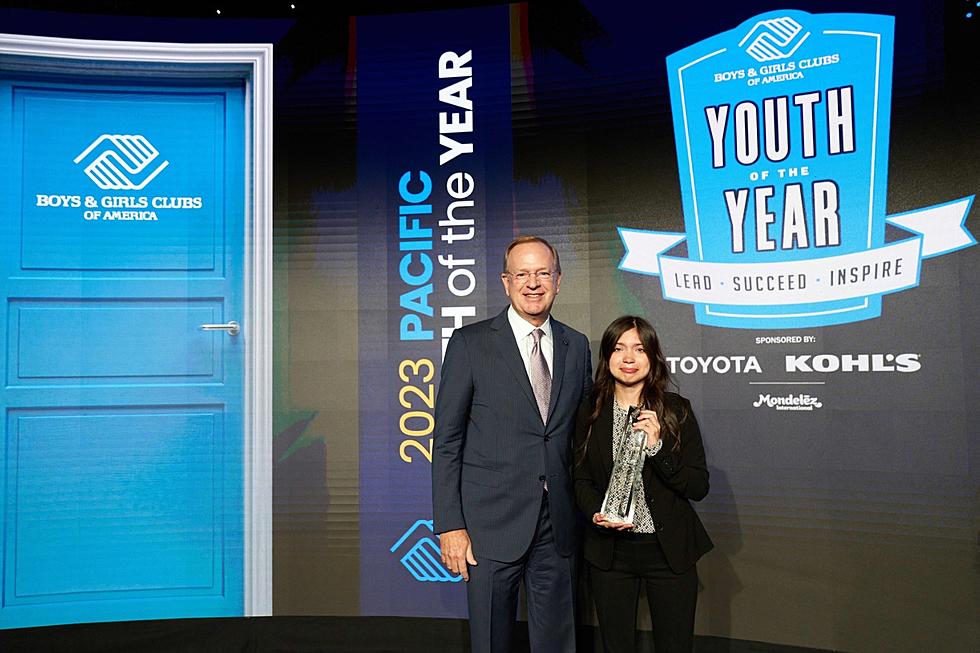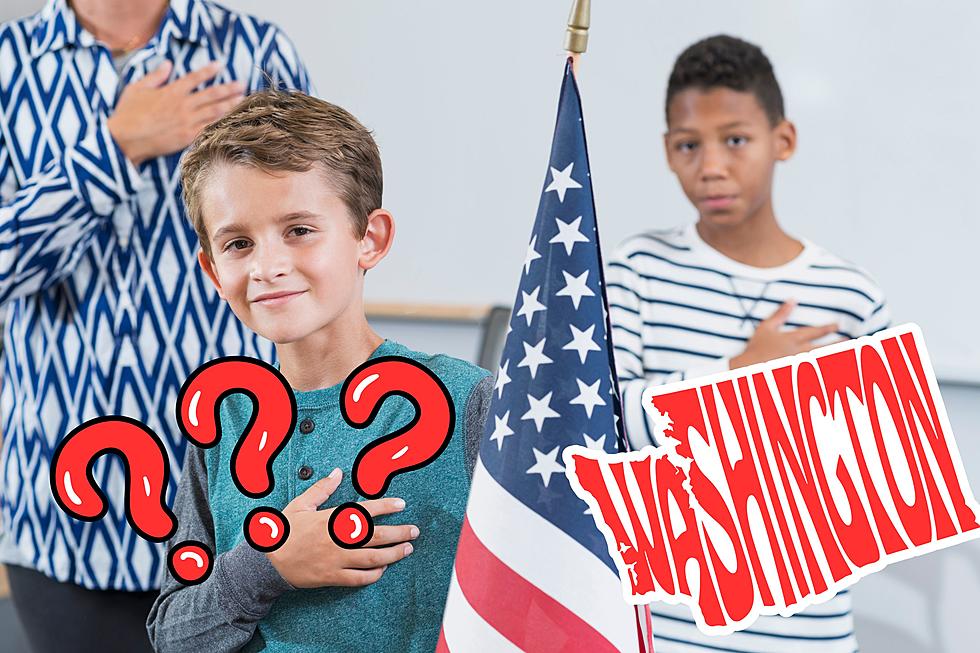
Big Changes Coming to West Richland’s Lewis and Clark Ranch
The City of West Richland is working with a landowner on zoning designations for the Lewis and Clark Ranch.
The 7,000-acre parcel of undeveloped property is surrounded by the Yakima River along Ruppert and North Harrington Roads.
The area is primarily used for agriculture, but plans are in the works to develop the land for urban use and growth.
Economic Director Eric Mendenhall says they're working on the environmental impact statement now.
"We're going to be issuing this draft environmental impact statement for the community to review and provide comments back to us so that we can work towards finalizing the plan and putting the final plan together and moving forward with what would become the preferred alternative." Mendenhall said.
The environmental impact statement will include an archaeological study.
"This area has been used by the local Indian tribes for quite a long time. As development grows out through that ranch, there could be an opportunity to find some relics and things like that from these tribal movements across the property over the last thousands of years." Mendehall said.
Mendehall says a 20-year plan for 750 acres is in place and a 100-year plan for the rest of the property is under discussion. Phase one will bring 3,000 new homes to the area and a lot more traffic.
"We're working with Ben Franklin (Transit) to make sure what we're putting together is going to minimize impacts. We're going to be likely needing to widen roadways and things of that nature as this development grows to address those traffic trips." Mendehall said.
The entire project will be divided into five to seven phases, one of which entails the development of a park larger than New York City's Central Park.
"That's where we have a really great benefit for the community as that park location is going to run right along the corridor canal and up to the lake that exists on the north end of the site. It'll be able to connect everybody in the community from one end of the community to the other side." Mendehall added.




